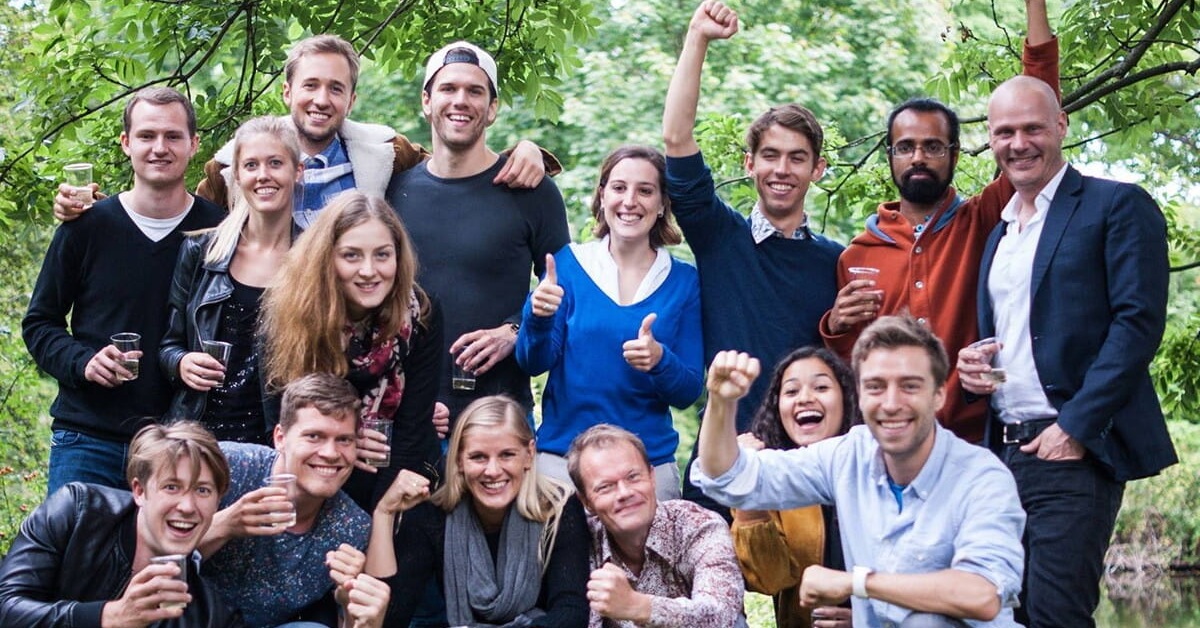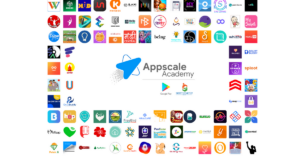Team Labster | Image credit: Labster
Copenhagen-based Labster, an e-learning company that offers a platform for virtual labs and interactive science, announced on Monday that it has raised $47M (approximately €42.83M) in a Series C additional round of funding to support its worldwide growth opportunities.
The company had raised its Series C round in 2021 led by Andreessen Horowitz. Including the additional round, Labster has raised a total of $147M in funding to date.
Will AI be able to disrupt the translation market? Find it out.
Michael Bodekaer Jensen, co-founder and CEO of Labster, says, “Labster’s mission is to provide all students, regardless of socioeconomic status or geographic location, with equitable access to high-quality engaging science education and virtual laboratories — an ongoing critical need accelerated by the pandemic and now rapidly growing globally as digitalisation of the education sector with hybrid and remote learning continues.”
Investors in this round
The investment came from new investors Sofina Group and Pirate Impact. Existing investors, including Owl Ventures, Andreessen Horowitz, EduCapital, NPF Technologies, and GGV Capital, also participated in this round. Additional investors Balderton Capital, Northzone, Swisscom Ventures, and David Helgason, founder of Unity Technologies, also joined in.
Scott Kupor, managing partner at Andreessen Horowitz, says, “Students around the world benefit from learning science in Labster’s virtual world, combining advanced techniques from game development with learning psychology and virtualisation of labs. This allows millions of students to access high-quality education that was previously unreachable. We are thrilled to continue to partner with Labster.”
“Helping you empower the next generation of scientists”
Founded in 2011 by Mads Tvillinggaard Bonde and Michael Bodekaer, Labster says that it is dedicated to developing fully interactive virtual training simulations to enhance traditional learning outcomes by stimulating students’ natural curiosity and reinforcing the connection between science and the real world.
The simulations can be used in a variety of different ways, from a full lab replacement to a supplemental learning activity. Over 5 million students in high schools and universities have used Labster to perform realistic experiments, learn key science concepts, and practice their skills in a risk-free learning environment.
Mads Tvillinggaard Bonde says, “We are tackling a global learning crisis where current access to engaging and impactful education is not meeting demands or servicing students well enough. Science education is traditionally so ineffective that 60 per cent of STEM students drop out. Labster is the only offering in the market that provides a highly interactive life-like laboratory experience that is documented to reduce failure rates and improve outcomes for students. We are proud to produce high-quality, affordable science education that helps teachers and students to empower the next generation of scientists.”
Capital utilisation
Labster says that the funds will contribute to its roadmap for expansion in Europe and the US, and to establish itself within Asia and Latin America. The expansion will provide educators and students with virtual lab simulations for hybrid, remote, and in-person learning modalities worldwide.
Michael Bodekaer Jensen says, “This additional funding will help us to continue growing our support for a broader group of students, teachers, and educational institutions around the world to make our mission a reality.”
Jensen believes, “There has been a fundamental change in the nature of education over the last two years that confirms the high value and impact on student engagement and learning outcomes of virtual educational simulations offered in tandem with in-person, teacher-led coursework in a post-pandemic world.”
Besides expansion, the company will also expand its workforce across all major teams, including engineering, product, sales, and customer success. Currently, Labster’s team has more than 350+ employees that support over 3,000 universities and high schools, tens of thousands of courses, and millions of students every year.
The company also claims that it will invest in its library of science simulations and expand its reach to younger students and adult workforce skills training. This way, Labster will be able to serve 100 million students worldwide through its institutional and government partnerships.
How partnering up with Salesforce helped him succeed!









